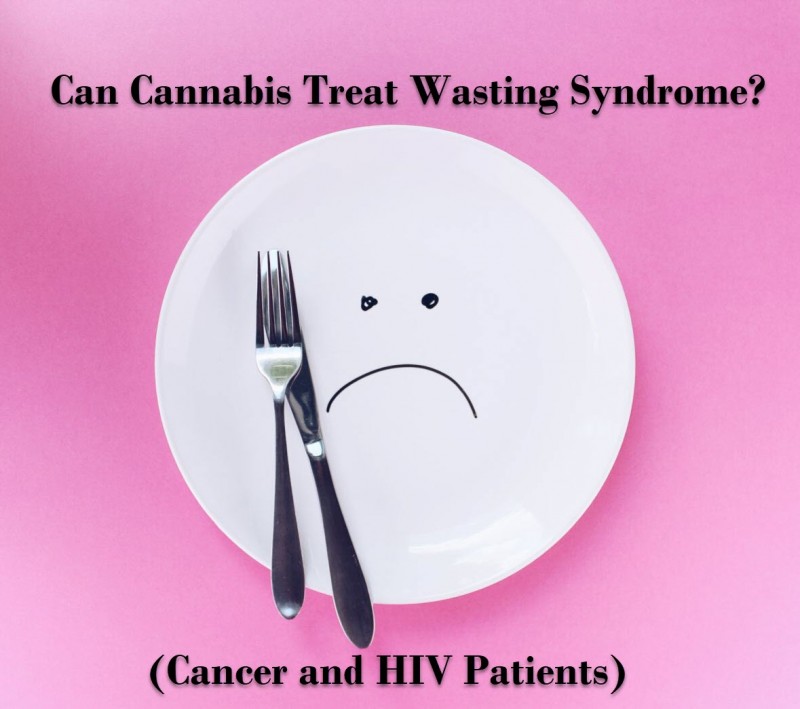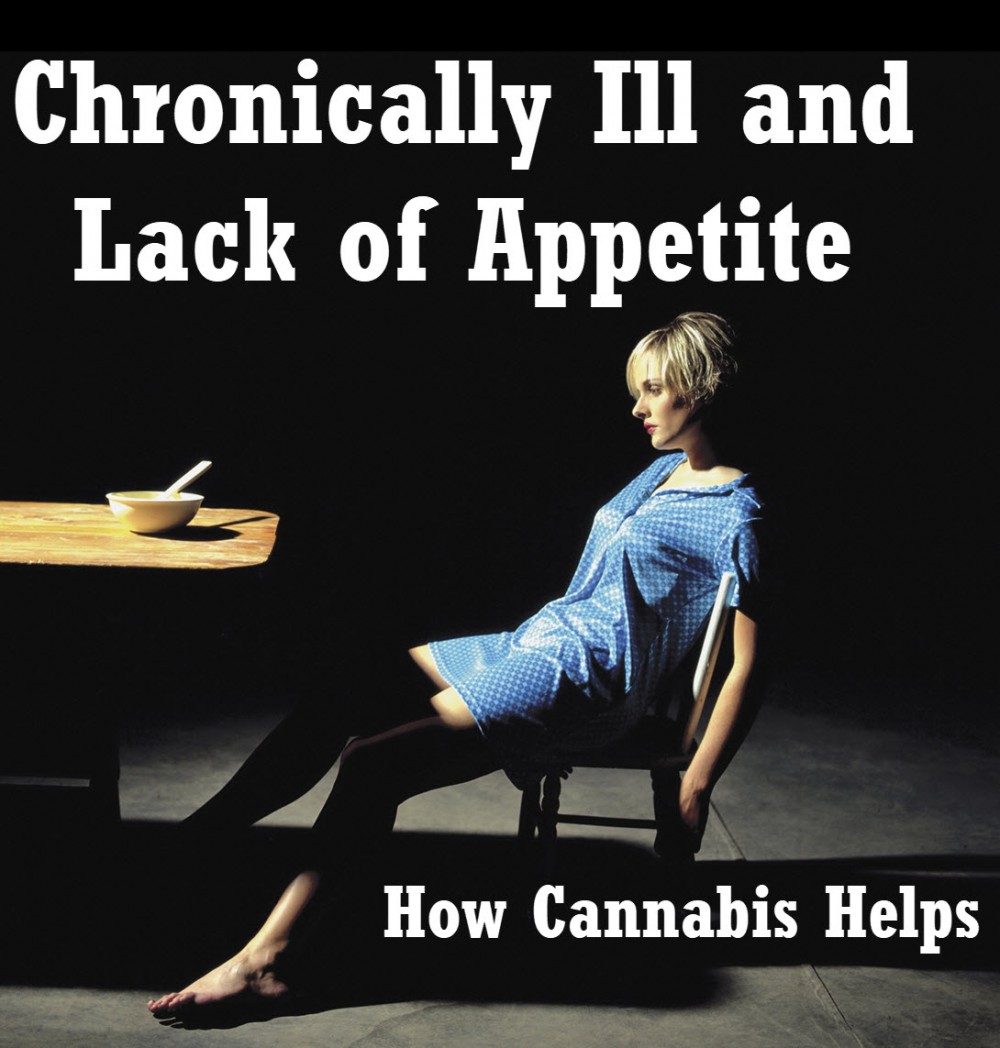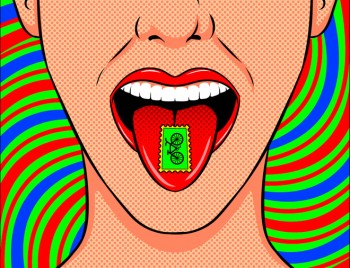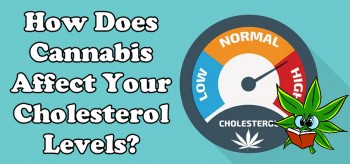Can Cannabis Treat Wasting Syndrome? (Cancer and HIV Patients)
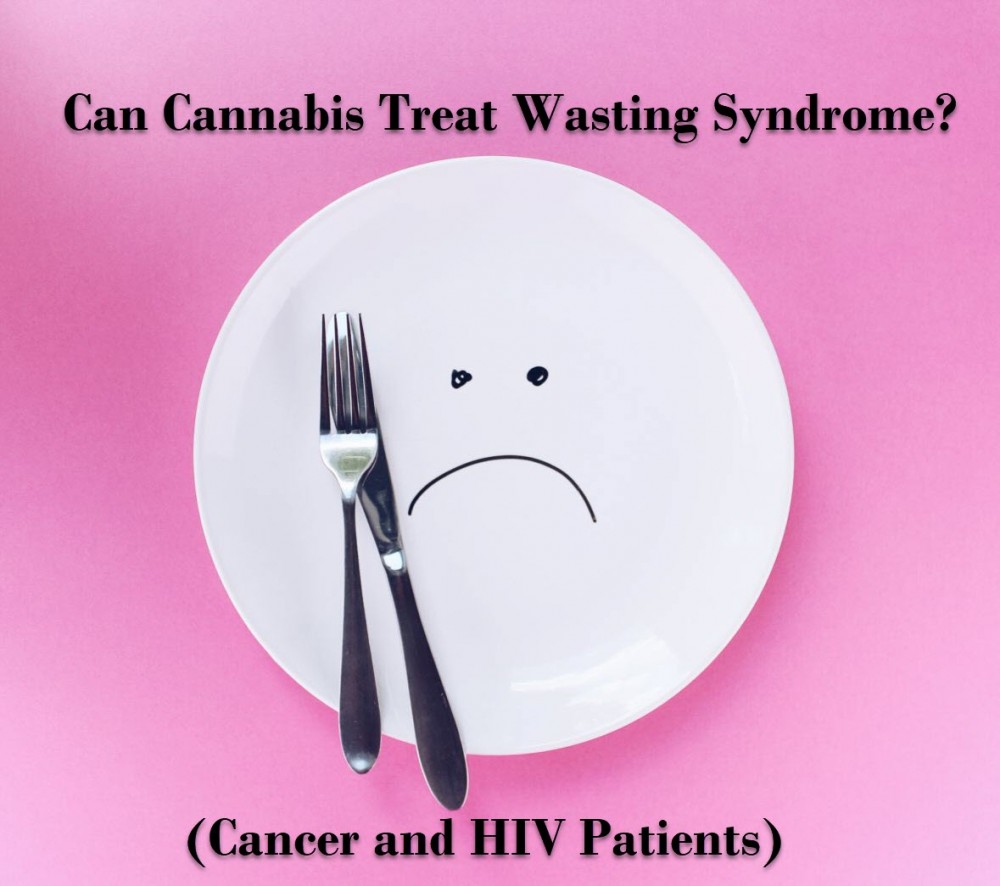
Wasting syndrome doesn´t sound like something anyone would like to be labeled with. In fact, it sounds sort of scary. If not treated delicately, it could let a person give up all hope. Cancer and HIV/AIDS are two illnesses with severe side-effects. If not dealt with, it could rapidly increase the mortality rate. One of these severe side-effects is muscle wasting. Could cannabis help to ease the severity of this symptom?
What does Wasting Syndrome mean?
Wasting Syndrome isn’t a specific disease. But if someone suffers from AIDS or cancer, they are prone to lose weight significantly. When they have lost at least 10% of their body weight, especially muscle, they are diagnosed with wasting syndrome. This syndrome is also known as cachexia and it is all related to unintentional weight loss. Because it forms part of an underlying chronic illness, there is no cure for this. But there are ways to help and better the symptoms.
When a person is at the stage of cachexia, a person has lost a large portion of weight and muscle mass. The most common conditions where cachexia is present, are HIV, type 1 diabetes, cancer, and multiple sclerosis. With the substantial decrease in muscle tone, the person finds it difficult to move and eventually, there will be no mobility at all. Wasting syndrome is very common under cancer patients when they have stopped responding to the treatment. It is responsible for about 20% of cancer-related deaths.
What Symptoms are There?
Obviously, the most common symptom is involuntary weight loss. This weight loss occurs even when the person takes a healthy number of calories daily. People with cachexia do not just lose fat, but also a great amount of skeletal muscle. These muscles are needed for mobility. Patients also show a lack of appetite and specific foods just seem unappealing. In the end, they lose all the urge to eat. When no or little food is taken in, quality of life decreases rapidly and finally ends up in death.
Factors contributing to Wasting Syndrome
When wasting syndrome is in full swing, you also experience at least a month of fever, diarrhea, and weakness. There are other factors that contribute to cachexia. They are:
Altered metabolism – wasting syndrome impacts the way your body converts food to energy. You need more energy when you have a chronic disease. More calories are needed to maintain your body weight.
Low food intake – when you are suffering from a serious chronic disease you don’t always feel like eating. Often, some meds have to be taken on an empty stomach and the medicine could alter the sense of taste. Food that you liked before could not taste the same and affect your appetite. With the general lack of appetite, you might feel nauseous and just without any energy to prepare something to eat.
Poor nutrient absorption – with a condition like HIV, there is an inadequate intake of essential nutrients. Because of that, the lining of your intestines is negatively affected, and it leads to diarrhea to complete the vicious cycle of insufficient essential nutrient uptake.
How does it Happen?
When a person has a chronic disease there are so many things that can go wrong. When it comes to the point that it is just to hard to eat, the body enters into cachexia. The body starts losing muscle mass and the body’s composition starts changing. The body can’t preserve anymore. Cachexia is caused by increased inflammation. There is also a change in the energy and protein balance in the body. Usually, medication to improve anabolism and increase body weight is used as a treatment. But even with physiotherapy and supplements added to the diet, the success rate is slim. When cachexia begins, the patient is almost always already terminal.
How Cannabis Can Help?
It is already a known fact that cannabis can reduce inflammation. It is also known that it increases appetite. It is often prescribed for cancer and HIV patients to maintain weight and reduce nausea. If it can stop muscle wasting is not entirely clear. In a study in 2011 involving cancer patients, it was found that oral THC consumption helped to increase appetite by 64%. THC, CBD, and other cannabinoids interact with the endocannabinoid system and can help the body to regulate food intake.
Cannabis interacts with the receptors in the brain where hunger signals are received and processed. This is very helpful where there is a lack of appetite. Cannabis also has the ability to elevate mood and relieve anxiety in people at this point in life.
Even though cannabis cannot cure wasting syndrome, it can help ease the symptoms and potentially slow the progression of the disease. When energy levels are increased, it helps to fight muscle atrophy and the risk of falling.
What Can You Do?
When you have muscle wasting from cancer or HIV, consuming cannabis will come to your aid with the numerous benefits it has. If you sleep and eat better, mood changes and energy levels increase. If there is someone you know with cachexia, add cannabis to his or her diet. Even if it helps a little, it would be better than nothing.
CANNABIS FOR APPETITE, READ MORE...
CANNABIS STRAINS FOR CACHEXIA, CLICK HERE.

